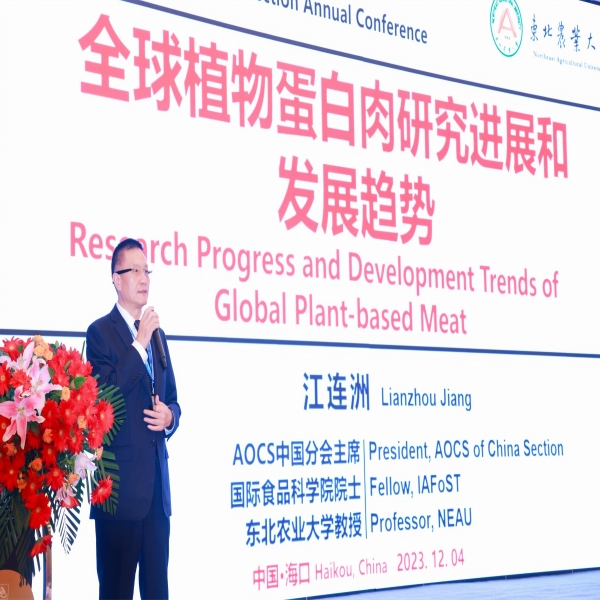Can collagen peptides be vegan?
Collagen is an abundant protein in the human body that plays a vital role in maintaining the strength and elasticity of our skin, bones, muscles and tendons. As we age, our bodies naturally produce less collagen, which can lead to the appearance of wrinkles, joint pain, and other signs of aging. This has led to the widespread use of collagen supplements and skin care products to help maintain and restore collagen levels in the body.
Traditionally, collagen was derived from animal products such as beef, chicken, and fish. However, with the rise of veganism and plant-based diets, there is a growing demand for vegan alternatives to traditional collagen products.
One of the key questions that arises with vegan collagen products is whether they can actually provide the same benefits as animal-derived collagen products. In this article, we’ll explore the origins of collagen, the different sources of vegan collagen, and how effective vegan collagen products are at providing the same benefits as traditional collagen.
Learn about collagen and its role in the body
Collagen is the most abundant protein in the human body, accounting for approximately 30% of the total protein content. It is a major component of connective tissues such as tendons, ligaments, cartilage, and skin, and is responsible for providing strength, structure, and elasticity to these tissues. Collagen also plays a key role in maintaining healthy hair, nails, and joints.
The body produces collagen naturally through a process involving several nutrients, including amino acids, vitamin C and copper. However, as we age, collagen production naturally decreases, which can lead to wrinkles, joint pain, and loss of muscle mass. This has led to the widespread use of collagen supplements and skin care products to help maintain and restore collagen levels in the body.
Traditional sources of collagen
Historically, collagen was derived from animal products, specifically the skin, bones and connective tissue of animals such as cattle, pigs and fish. This has led to the creation of animal-derived collagen supplements and skin care products, which are widely used to promote skin health, joint health and overall well-being. However, for those who follow a vegan or vegetarian lifestyle, using these traditional collagen products is not an option, leading to a need for vegan alternatives.
Sources of Vegan Collagen
In recent years, there has been a surge in the development of vegan collagen products to meet the needs of those following a plant-based lifestyle. These products are derived from plant sources and are designed to provide the same benefits as traditional collagen without the use of animal-derived ingredients. Some major sources of vegan collagen powder include:
1. Plant-based amino acids: Amino acids are the building blocks of collagen and can be obtained from plant-based sources such as soybeans, wheat, and peas. These amino acids can be combined to create vegan collagen peptides that can provide the same benefits as animal-derived collagen peptides.
2. Algae and seaweed: Certain types of algae and seaweed contain high levels of a marine collagen substance that has been shown to have similar effects to traditional collagen in promoting skin health and elasticity. These marine collagen sources are often used in vegan skin care products to provide anti-aging benefits.
3. Plant Proteins: Proteins like pea protein and rice protein are often used to make vegan collagen supplements and powders. These proteins are rich in amino acids and help support the body’s natural production of collagen.
Benefits of Vegan Collagen Products
One of the key questions surrounding vegan collagen products is whether they can actually provide the same benefits as animal-derived collagen products. While research into vegan collagen is still in its early stages, there is evidence that these products can be effective in promoting skin health, joint health, and overall wellness.
Research shows that plant-based amino acids can stimulate the body’s natural production of collagen, thereby improving skin elasticity and hydration. Likewise, marine collagen from algae and seaweed has been shown to have antioxidant and anti-inflammatory properties that help promote skin health and rejuvenation.
Additionally, plant-based proteins like pea protein and rice protein have been shown to support muscle growth and repair, which is essential for maintaining overall collagen levels in the body. This shows that vegan collagen supplements can be effective in promoting healthy connective tissue, muscles, and skin.
Additionally, vegan collagen supplement have the added benefit of being free from the potential contaminants and ethical concerns associated with animal-derived collagen. This makes them a more sustainable and ethical choice for those who follow a vegan or vegetarian lifestyle.
Hainan Huayan Collagen has many plant based collagen powder such as pea peptide, walnut peptide, corn oligopeptide, etc. They have small molecular weight, which is easily absorbed by human body.
In summary, with the growth of vegan collagen peptides, vegan collagen powders, vegan collagen skin care, and vegan collagen supplements, it’s clear that collagen can indeed be obtained from plant-based alternatives. While research into the efficacy of vegan collagen products is still ongoing, there is promising evidence that these products may provide similar benefits to traditional collagen in promoting skin health, joint health, and overall wellness. Whether you follow a vegan or vegetarian lifestyle, there are now viable options to support your body’s natural collagen production without using animal-derived ingredients.
Post time: Dec-14-2023





